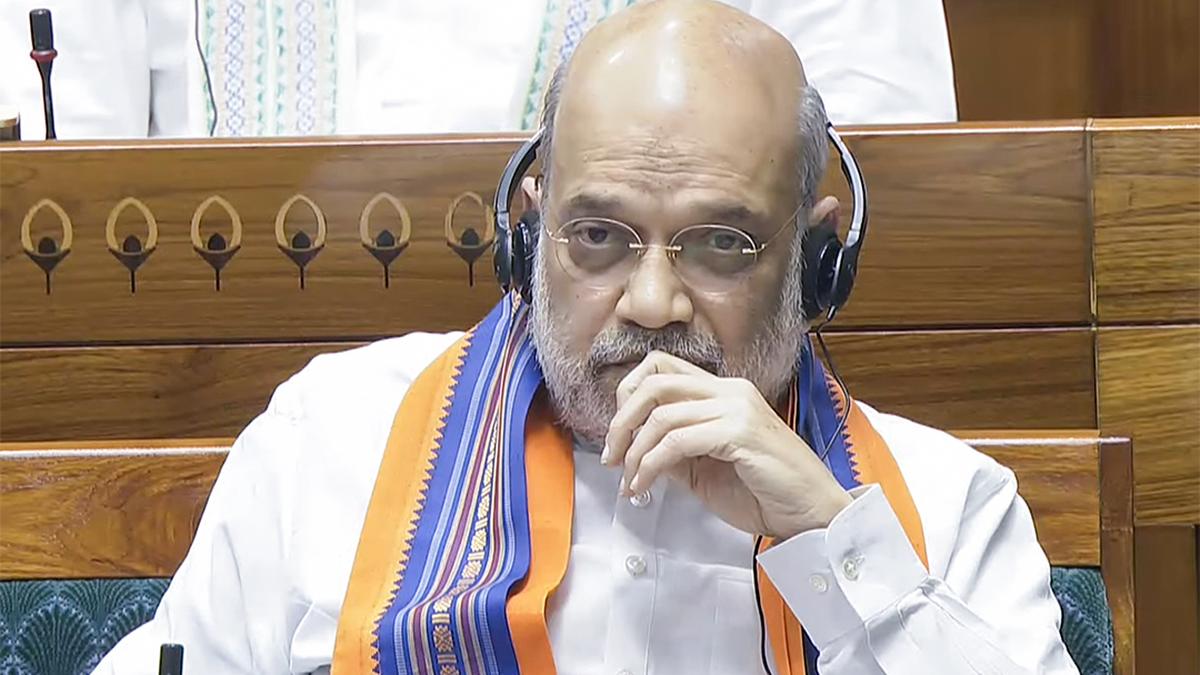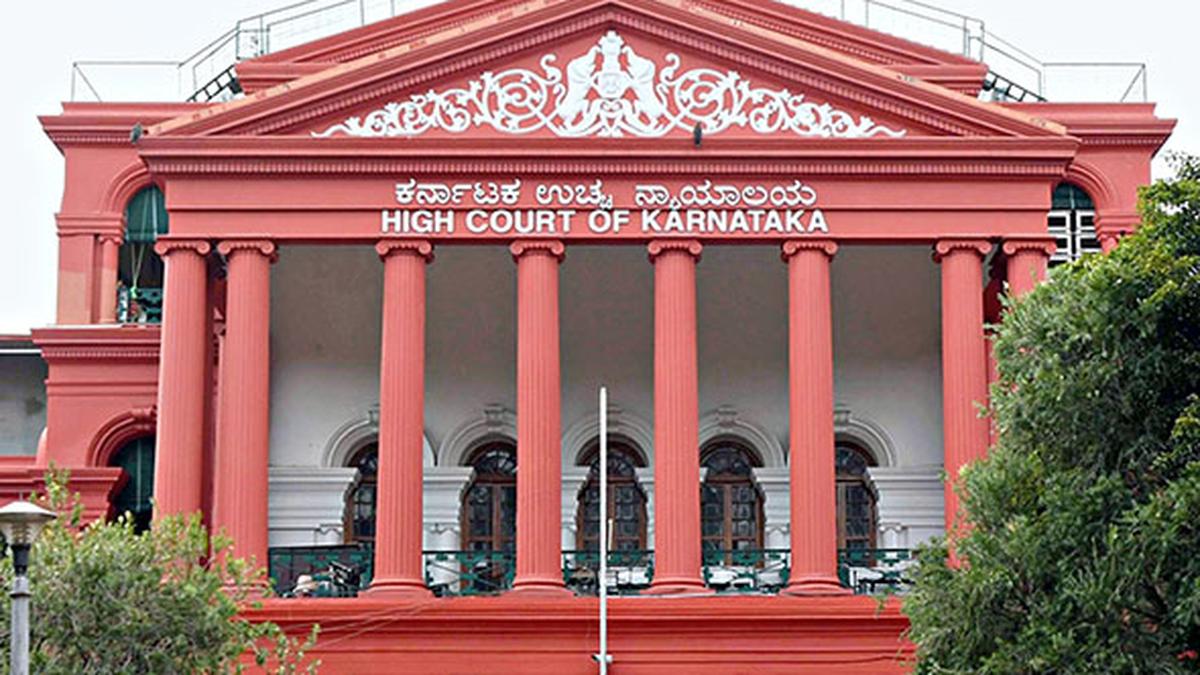Now Reading: Amit Shah: Jailed Individuals Cannot Serve as PM, CM, or Minister
-
01
Amit Shah: Jailed Individuals Cannot Serve as PM, CM, or Minister
Amit Shah: Jailed Individuals Cannot Serve as PM, CM, or Minister

Quick Summary:
- On August 20, 2025, Union Home Minister amit Shah introduced three constitutional amendment Bills in lok Sabha targeting politicians who hold office while being detained for serious criminal charges.
- The proposed Bills emphasize that detained leaders must secure bail within 30 days or lose eligibility to function as Prime Ministers, Chief Ministers, or Ministers. Those bailed can be reinstated after due legal process.
- Amit Shah mentioned past instances where leaders held office from jail and stressed restoring “moral standards” in politics as a key motivation.
- He highlighted past contrast by referencing PM Indira Gandhi’s Amendment No. 39 granting special privileges to the Prime Minister.
- Opposition parties criticized the Bills, with Mr. Shah alleging they oppose reform measures to shield corruption and maintain power even while under arrest.
- Mr. Shah addressed personal allegations made about his past detention during Congress rule, asserting his adherence to moral grounds by stepping down at the time of legal proceedings.
Indian Opinion Analysis:
Amit shah’s introduction of these constitutional amendment Bills symbolizes a legislative step toward bolstering accountability and ethical conduct in India’s political sphere.By targeting officials jailed on serious charges, this push reflects growing public demands for clarity amidst frequent allegations of corruption against political figures across party lines.
The emphasis on securing bail within a definitive timeline underscores safeguarding institutional processes while allowing reinstatement post-due legal procedure-a pragmatic approach balancing individual rights with broader governance goals. However, opposition resistance suggests concerns over possible politicization or selective application of such laws on adversaries-a recurring fear in Indian polity.
Institutional memories invoked by Mr. Shah-contrasting reforms and historical privileges-draw attention to varied benchmarks for integrity set over decades but also risk potentially deepening bipartisan friction rather than focusing solely on structural betterment.

























